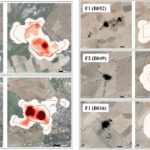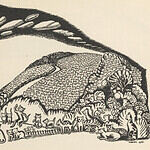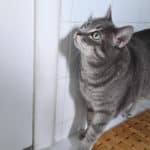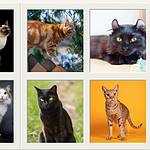A lot of people tend to talk to their cats in a high-pitched voice littered with cutesy terms. This is known as baby talk (or motherese), a type of simplistic speaking that an adult may adopt when speaking to a young child. Baby talk is more formally known as infant-directed speech.
Baby talk directed towards cats is known as cat-directed speech. In addition to being high-pitched, cat-directed speech tends to draw out the vowels.
Benefits of Baby Talk With Cats
In turns out, there are a few benefits of using baby talk to communicate with your cat.
Baby Talks Helps to Bond With Your Cat
Similar to how a parent bonds with their infant through the use of baby talk, using cat-directed speech is believed by researchers to help bond with pets.
Cats perceive high-pitched voices more positively than low-pitched ones. In turn, the positive response of the cat, helps the owner to feel more connected with them.
Cats Respond More to Baby Talk
The act of raising the pitch when speaking to dogs and cats is actually a good thing. Studies have shown that cats and dogs respond better to high-pitched voices than they do to low-pitched voices.
Cats Respond Better to High-Pitched Names
The same goes for cat names, according to one vet. Dr. Uri Burstyn, a Vancouver, Canada-based vet, postures that cats tend to respond more when they have high-pitched names. Burstyn explains that cat names that end in consonants are not as effective as names that end in a high-pitch.
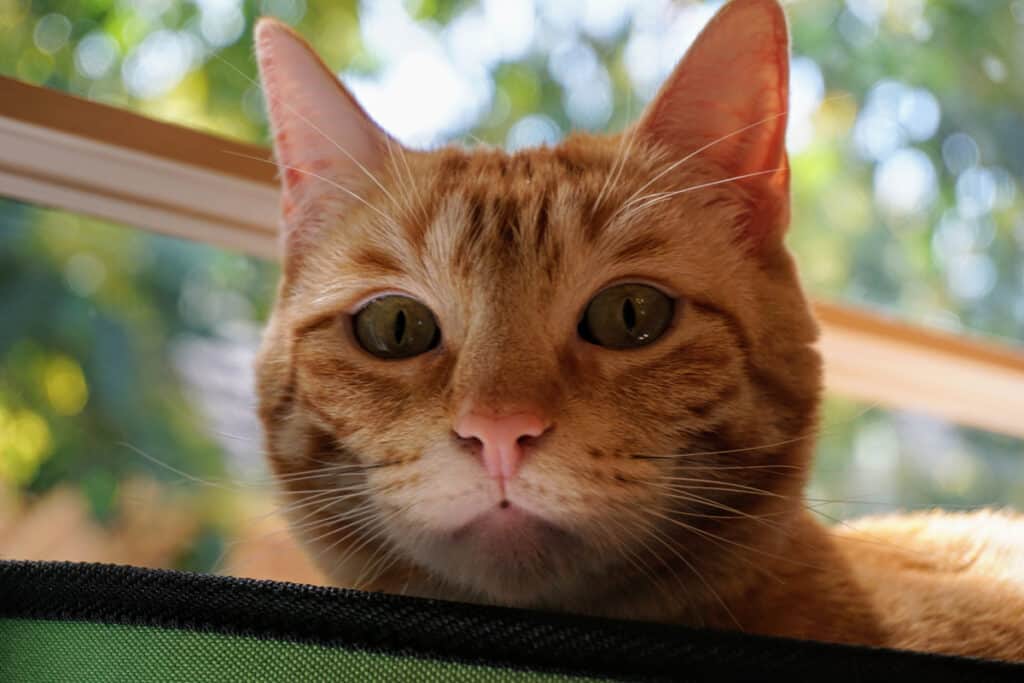
In a video Burstyn posted on YouTube to explain his cat naming hypothesis, he uses a long-haired cat named Lancelot as an example. Lancelot, Burstyn states, is not an ideal cat name because cats have evolved to be more in tuned with high-pitched sounds. Cats hear high-pitched sounds better than low-pitched sounds because their prey animals, such as mice, communicate in high-frequencies.
Burstyn further explains that using his nickname Lancie which elicit more of a response because it ends in a high-pitch. Lancelot, on the other hand, ends in a low-pitched sound.
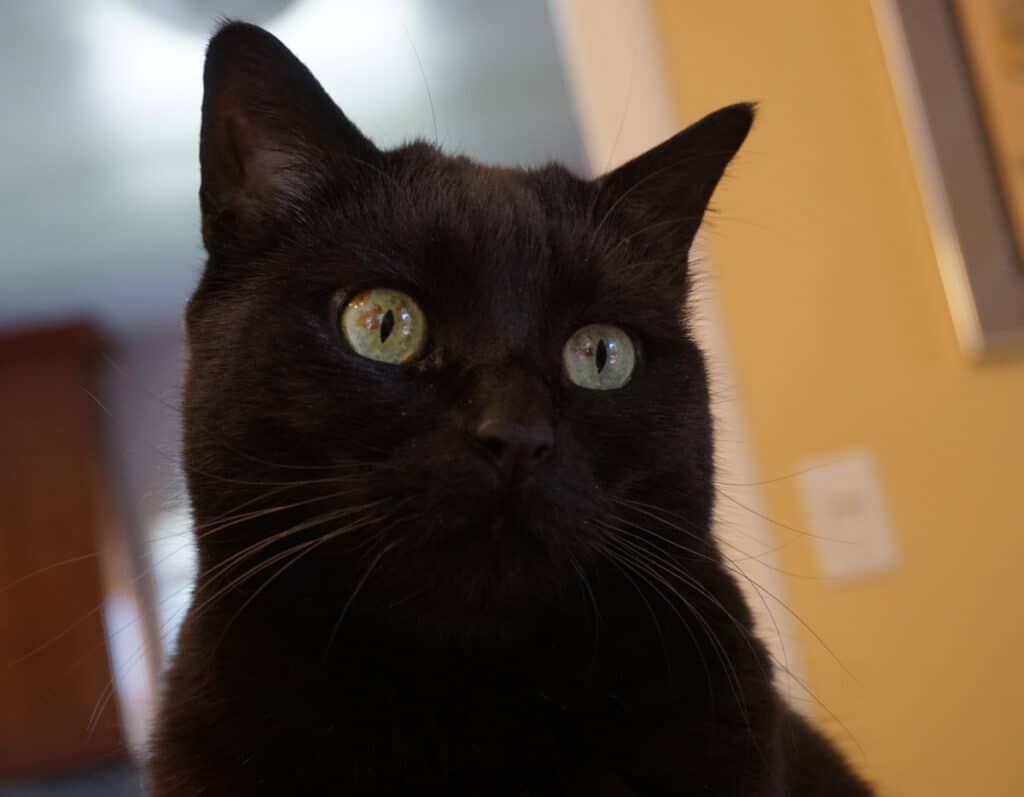
Read next: Can Cats Understand Words?
References
Acevedo, D. (2017). The Association of Feline Behavior to Acoustical Features of Kitten Directed Speech. CUNY Academic Works. https://academicworks.cuny.edu/hc_sas_etds/184
Burnham, D., Kitamura, C., & Vollmer-Conna, U. (2002). What’s new, pussycat? On talking to babies and animals. Science, 296(5572), 1435-1435. DOI: 10.1126/science.1069587
Saito, A., Shinozuka, K., Ito, Y., & Hasegawa, T. (2019). Domestic cats (Felis catus) discriminate their names from other words. Scientific reports, 9(1), 1-8. https://doi.org/10.1038/s41598-019-40616-4

